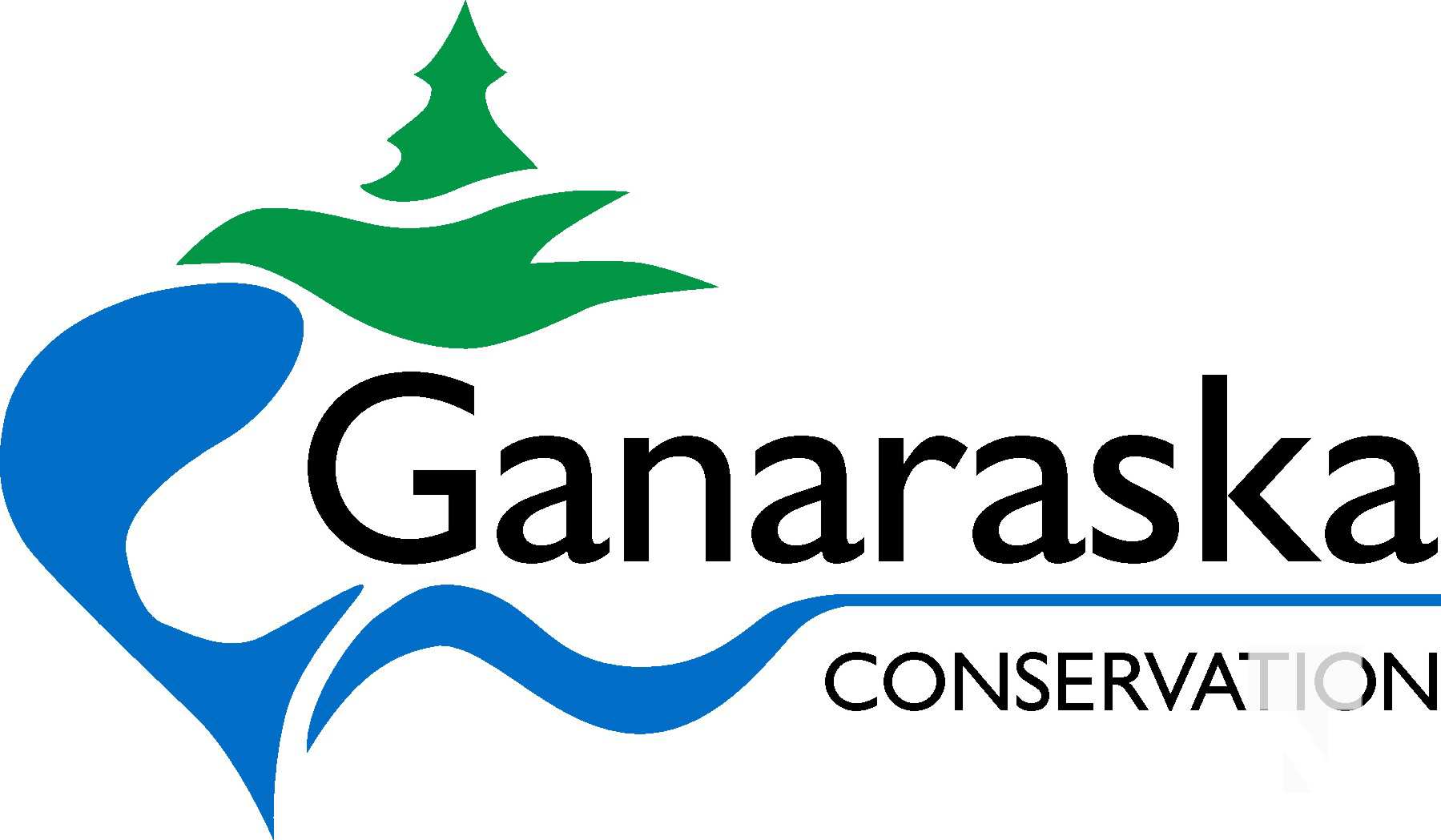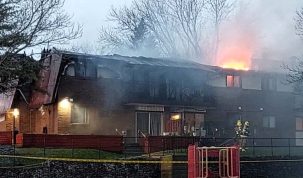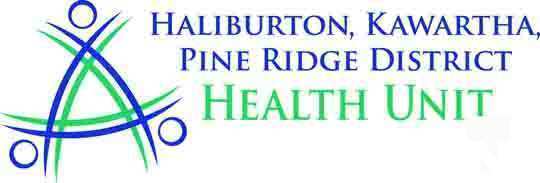The environment needs your help. And the Ganaraska Region Conservation Authority (GRCA) is asking for your support.
On November 5th 2020, the Ontario government tabled Bill 229 Protect, Support, and Recover from COVID-19 Act (Budget Measures), which includes Schedule 6 that proposes major changes to the Conservation Authorities Act that we all, including you, need to be concerned about. The GRCA is hoping to have your support by voicing your opinion and expressing your concerns to the Province and to your local MPPs.
It is important that Conservation Authorities (CAs) be given more opportunity to have a dialogue with the Province to improve the delivery of our programs and services; but the most meaningful way to do this is through constructive conversation and public consultation, not by rushing changes through an omnibus bill using COVID as the rationale. The GRCA needs its friends to act today by emailing, calling, and sharing your support of Ontario’s CAs and the GRCA’s vision of ‘Clean Water, Healthy Land for Healthy Communities’.
The proposed amendments to the Conservation Authorities Act could have significant environmental impacts due to decisions being made without consideration of the local watershed science and data provided by conservation authorities. The changes could potentially add significant delays and costs in enforcement, planning and permitting processes, and have significant impacts on CA’s ability to provide cost-effective flooding and natural hazards management/protection and drinking water source protection to Ontarians.
Proposed changes would authorize the Minister of Natural Resources and Forestry to issue an order to take over and decide a development permit application in place of a CA. Additionally, a permit applicant can request that the Minister review a CA’s decision about a permit application (approved with conditions or denied), at which point the Minister can make any decision, including issuing a permit.
Proposed changes would remove the un-proclaimed provision for CAs to issue stop work orders, a new tool in Conservation Authorities enforcement toolbox that CAs had long been requesting from the province. This tool will provide the ability to stop significant threats to life, property and environmentally sensitive areas before having to resort to costly injunctions, fines and prosecution.
The GRCA Board of Dir
ectors acts on behalf of the watershed and its residents to ensure good corporate operations and management. Proposed changes would direct board members to act only on behalf of the municipality they represent rather than on behalf of the watershed and its residents. The proposed changes are a seismic shift in paradigms to a completely different model of governance which is unprecedented in corporate governance in Canada
Changes to the Planning Act would bar CAs from appealing a municipal planning decision to the Local Planning Appeal Tribunal (LPAT), unless requested through an agreement with the municipality or the Minister of Municipal Affairs and Housing. This change would also remove GRCA’s right to appeal planning decisions as a landowner, which is very concerning, as the GRCA owns and manages over 360,000 acres of land for habitat protection, community recreation and flood hazard management.
GRCA’s mission is to enhance and conserve across the Ganaraska Region Watershed by serving, educating, informing and engaging our communities. The proposed changes through Bill 229 could also reduce your local CA’s ability to do so; restricting our capacity to provide important recreational, educational, and employment opportunities across our watershed.
Since 1956, Ontario’s conservation authorities have defined and defended the floodplains to ensure public safety and property protection, often on behalf of our municipal partners, using a variety of tools present in the Conservation Authorities Act and Planning Act. Removing some of these tools from our toolbox may allow individuals to circumvent checks and balances that exist to ensure the safe development of communities and the protection of sensitive environmental features. The GRCA, along with Conservation Ontario and all 35 other Conservation Authorities across Ontario, have contacted the Premier, members of Cabinet and our local MPPs, and are asking you to do the same.
The GRCA encourages our municipal partners, watershed residents and our network of supporters to reach out to the Premier, the Minister of Environment, Conservation and Parks, the Minister of Finance, the Minister of Municipal Affairs and Housing, the Minister of Natural Resources and Forestry, as well as local MPPs over the next week to ask that they address the concerns outlined above before the bill is enacted. It is important that Conservation Authorities be given more opportunity to have a respectful and meaningful dialogue with the Province to improve the delivery of our programs and services in conjunction with proper consultation with the public, not by rushing changes through an omnibus bill using COVID as the rationale.
About the Ganaraska Region Conservation Authority
The Ganaraska Region Conservation Authority’s overall goal is the conservation, restoration, development and management of natural resources on a watershed basis while providing for the public enjoyment of the lands it oversees.
Formed in October 1946 under the Conservation Authorities Act, the GRCA is one of the oldest Conservation Authorities in Ontario.
The watersheds of the GRCA covers an area of 361 square miles from Wilmot Creek in Clarington to east of Cobourg from the south shore of Rice Lake down to Lake Ontario. This area includes seven municipalities in whole or in part: Township of Cavan Monaghan, Town of Cobourg, Township of Alnwick-Haldimand, Township of Hamilton, Municipality of Port Hope, City of Kawartha Lakes, and Municipality of Clarington.
The Ganaraska Forest is at a pivotal moment in its history. The largest block of continuous forest in Southern Ontario, it is a huge expanse of 11,000 acres that represents one of the most successful conservation projects ever undertaken in central Canada.























